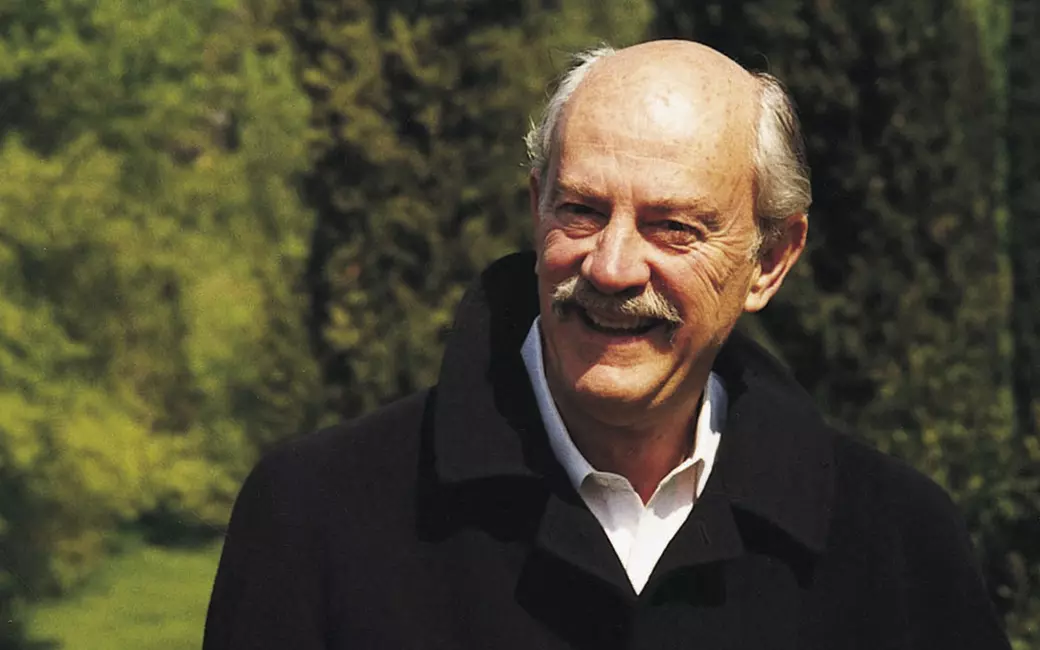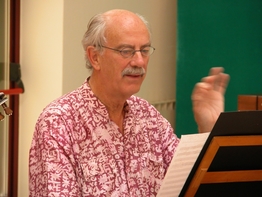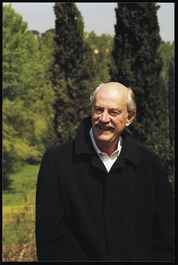
Alan Curtis
Sobre nosotros
Following an academic career divided between the University of Berkeley (California) and Europe, the conductor and harpsichordist Alan Curtis now devotes his time to performing dramatic music from Monteverdi to Mozart. As a student in the 1950s he was the first modern harpsichordist to address the problems of Louis Couperin’s unmeasured preludes and he subsequently recreated operas by composers such as Monteverdi and Rameau, using period instruments and choreography based on original sources. He commissioned both the first modern copy of a chitarrone and the first chromatic (split-key) harpsichord to be built in the twentieth century and, in a production of Handel’s Admeto in 1978, subsequently recorded, he made the first successful attempt to revive Handel’s opera orchestra, including the now widely accepted use of the archlute.
His numerous operatic revivals and reconstructions include Handel’s Floridante, Radamisto and Deidamia, Gluck’s Armide and the first modern performances of Vivaldi’s Il Giustino. In addition to Admeto his recordings with Il Complesso Barocco include Handel’s first Italian opera Rodrigo, the oratorio Il Sansone by Benedetto Ferrari, two volumes of Monteverdi’s chamber duets and madrigals by Michelangelo Rossi and Antonio Lotti. Early in 2007, Alan Curtis' recording of Handel’s Fernando, rè di Castiglia (also known as Sosarme), was released. Three of Alan Curtis’ previous recordings have won the International Handel Recording Prize, a remarkable achievement: Arminio in 2002, Deidamia in 2004 and Radamisto in 2006.






